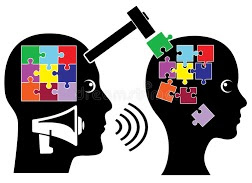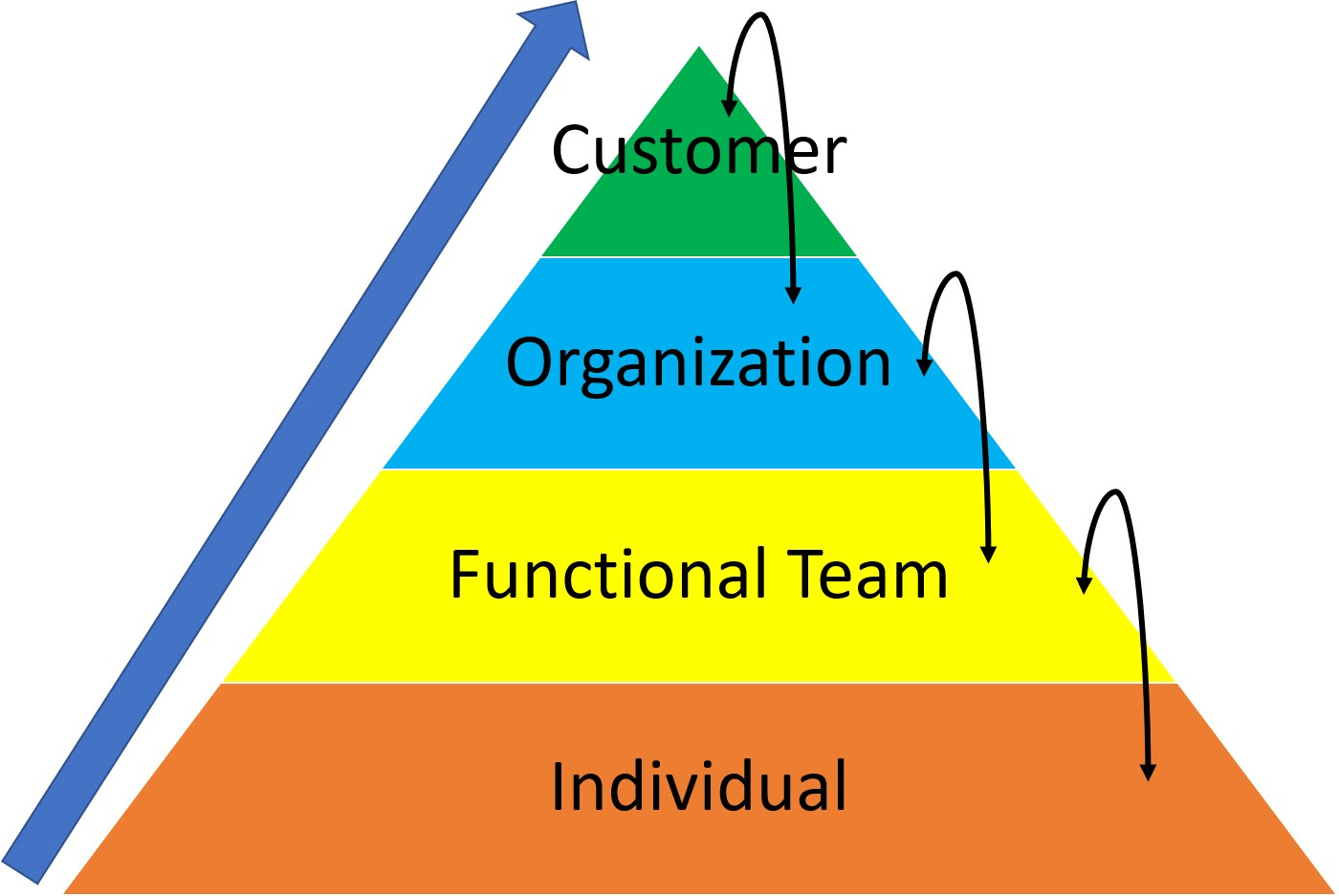
Last week we discussed some of the leadership patterns effective managers/ leaders display to create a positive environment for problem-solving and decision-making in the organization.
Some of the patterns listed as i observed from many outstanding managers/leaders.
- Clarity on the problem & delegation level
- Communication & expectation setting on solving the problem
- Switching between micro & macro management of detailing
- Space for risk-taking & learning attitude to deal with risk and failure
Having discussed the "clarity and delegation level" last week, let us understand more about communication
Communication and expectation setting on solving problems:
Effective managers are good at setting their expectations from others on solving problems and decision-making through their communication process.
One of my colleagues always asks his team members "what can be done "and "what else can be done" when someone approaches him with a problem. He is good at his functional domain and intends to solve the problem; however, instead of giving brief instructions, he prompts others with his communication style and encourages people to think and generate alternative options for solving the problem.
No surprise that everyone regards him as one of the best managers as everyone is comfortable working with him, and most of the time, the problems are getting resolved quickly.
My observation of his communication style and the impact are as follows
- The team is aware of approaching him with options than merely elevating the problem
- When the team thinks and generates the options, they conclude the suitable options most of the time, and issues are not elevated to his level
- Since the team approaches him with multiple options and when he endorses some options, that behavior reinforces the team's confidence in solving the problem and decision-making capability
The effective manager creates a "positive and inclusive problem-solving and decision-making environment through this communication process."
Let us discuss other patterns of "Micro vs. Macro detailing" next week.
Have a great week ahead!


 Sometimes they spend time with the team to resolve the problem. They display both distant and friendly behavior towards problem-solving. Uncertainty in predicting the behavior.
Sometimes they spend time with the team to resolve the problem. They display both distant and friendly behavior towards problem-solving. Uncertainty in predicting the behavior. is in solving an issue of any kind and operating with the belief that their core responsibility is to solve the problem irrespective of assigning ownership.
is in solving an issue of any kind and operating with the belief that their core responsibility is to solve the problem irrespective of assigning ownership. 

 )
) )
)


